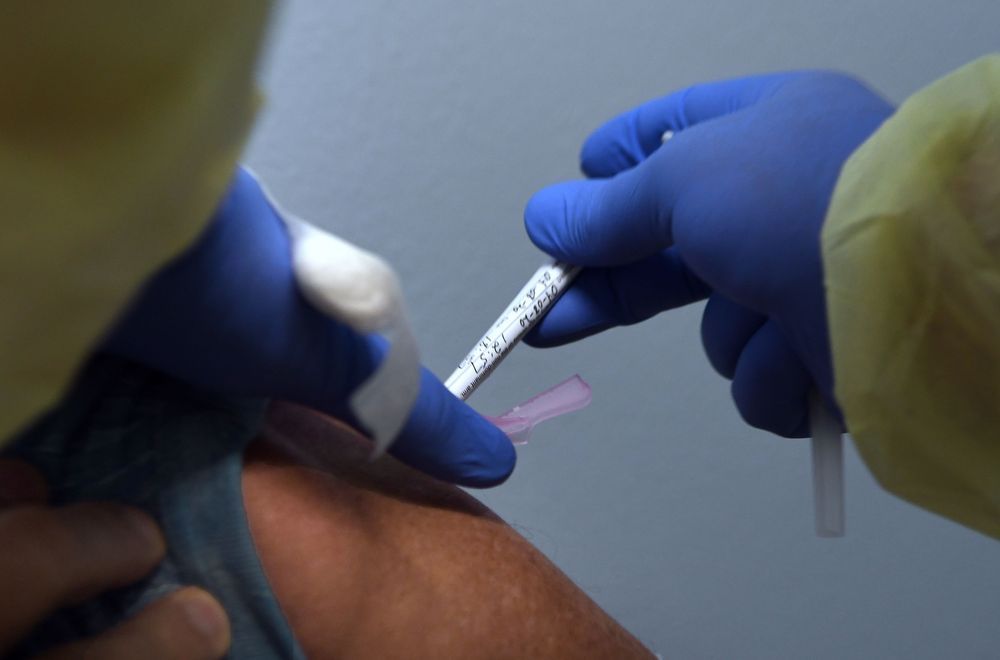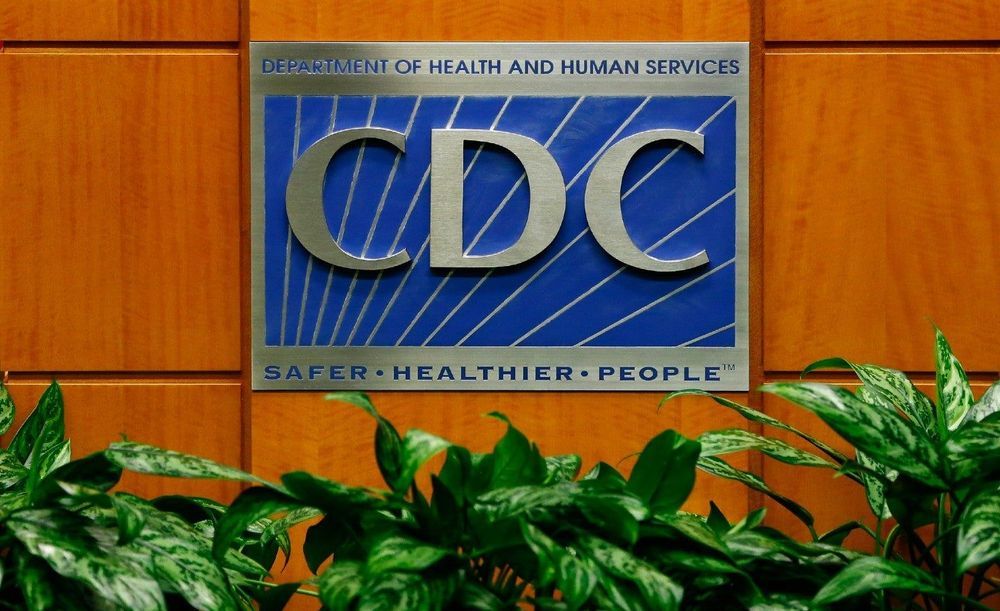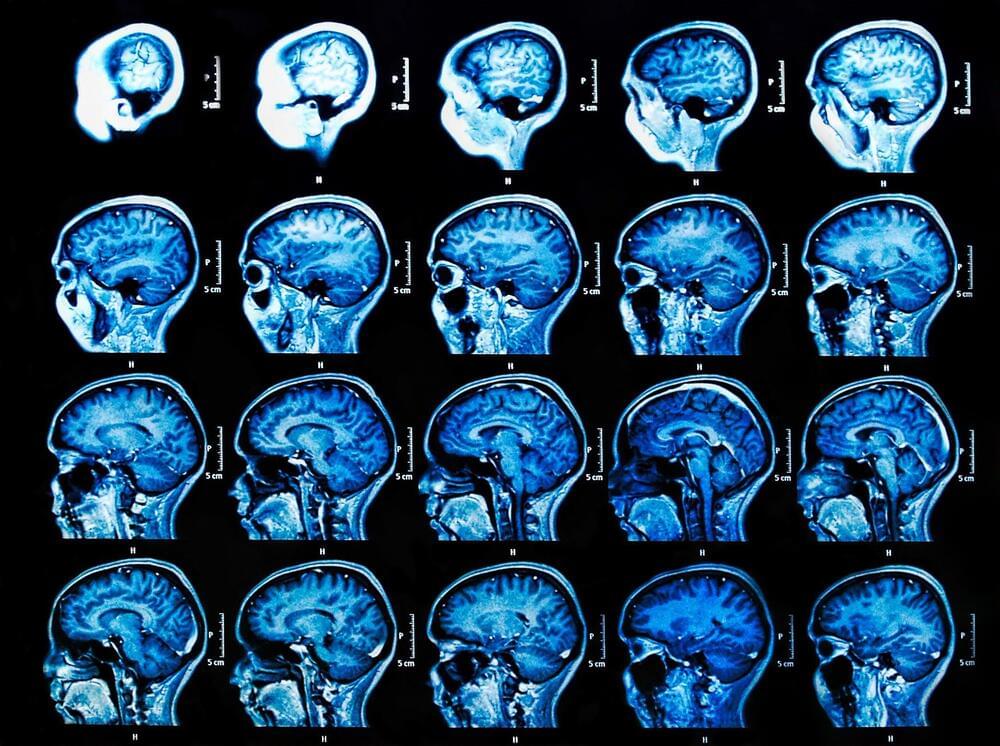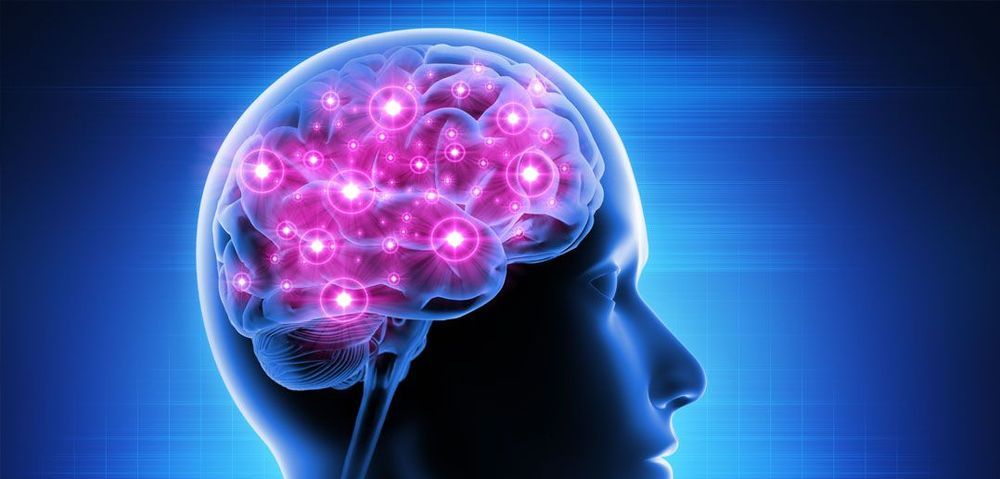Aug 5, 2020
Researchers discover treatment option for rare genetic disorder
Posted by Genevieve Klien in categories: biotech/medical, genetics, health
Researchers from the Icahn School of Medicine used a novel genetic sequencing technology to identify the genetic cause of—and a treatment for—a previously unknown severe auto inflammatory syndrome affecting an 18-year-old girl since infancy.
The technology, tailored to the patient’s own genetic code at a single cell level, helped the researchers characterize an unknown mutation in a gene called JAK1 that caused the patient’s immune system to be permanently turned on, resulting in rashes over much of her skin, growth abnormalities, kidney failure, allergic hypersensitivities, and an unusual inflammatory condition throughout the digestive tract.
The study, led by Dusan Bogunovic, Ph.D., Associate Professor of Microbiology, and Pediatrics, at the Icahn School of Medicine at Mount Sinai, faculty member of The Mindich Child Health and Development Institute and the Precision Immunology Institute at Mount Sinai, and Director of the Center for Inborn Errors of Immunity, was published in the August 3 issue of the journal Immunity. The discovery points toward new ways to study how genetic diseases manifest and presents a model of personalized diagnosis and treatment for patients with genetic diseases.


















